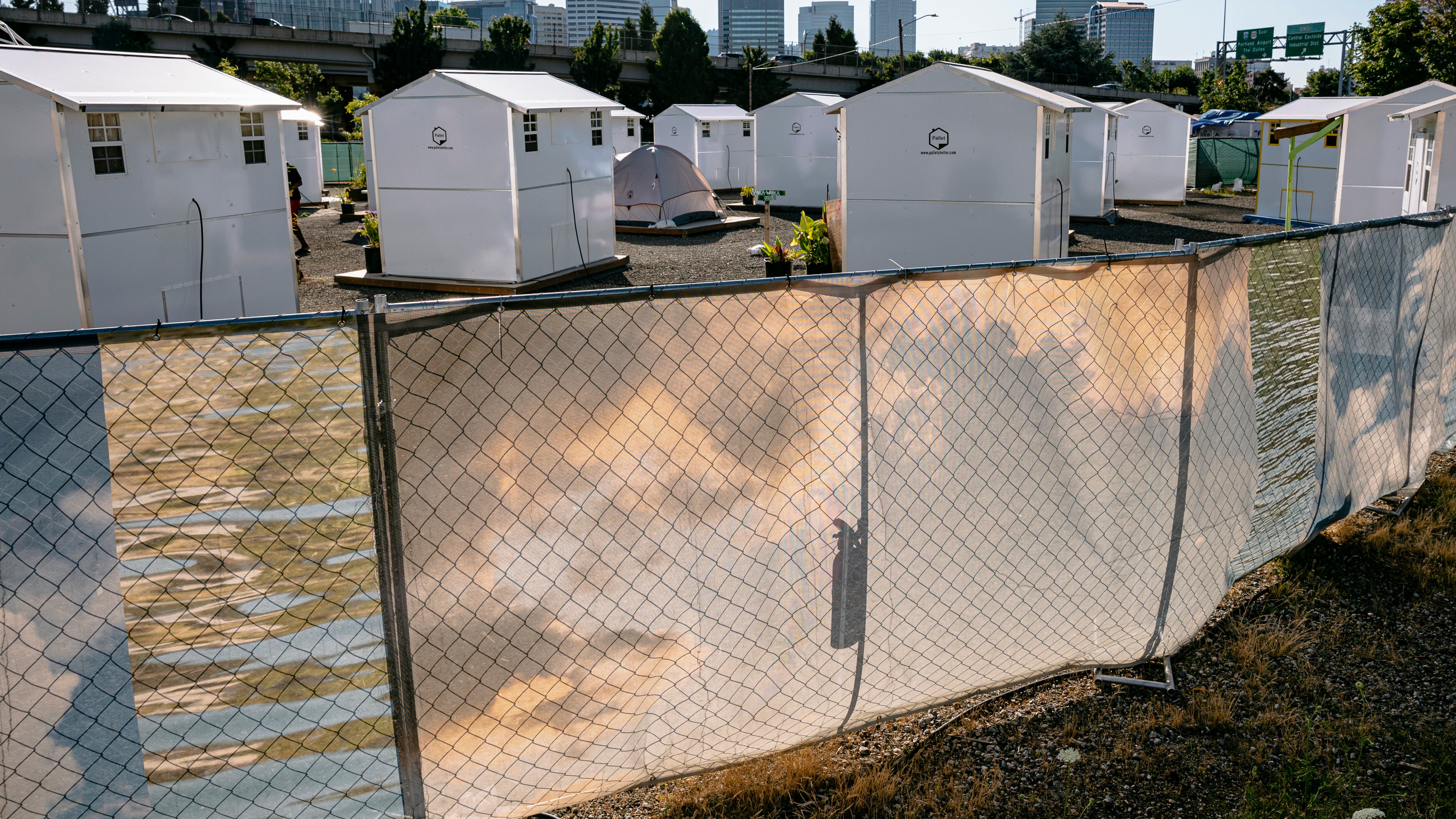Last week, political consultants Kevin Looper and Dan Lavey sat down with WW for an interview more notable for what it didn’t reveal about their client, an advocacy group called People for Portland, than for what it did.
The consultants wouldn’t say who was paying them, or what their campaign would involve beyond pressuring city officials to more rapidly move homeless people to organized sleeping sites.
A helpful reader then passed along a PowerPoint the group has been presenting to prospective donors. That filled in some of the holes in our understanding of the new campaign, whose goal, the consultants say, is “to restore safety, cleanliness and vitality to Portland.”
Here’s what we gleaned from the presentation:
They will spend a lot of money.
In the PowerPoint is a budget of $1.5 million for seven months. Among the line items: $750,000 for “2021 issue advocacy.” To get to that level, the campaign set a goal of five donations of $100,000 and 10 of $50,000, along with many smaller donations. As a 501(c)(4) nonprofit, the group doesn’t have to disclose its donors.
“We realized that to get the public involved, we need to first reach them,” Looper tells WW. “At this point, we have received more interest in supporting the project than we expected.”
The strategy may require litigation.
The campaign has been open about its plan to drum the results of its polling—voters are very unhappy—into the heads of elected officials. It’s talked less about going to court. But the presentation lists as an “essential tactic” to “research, initiate and leverage legal action.”
The line item for initial research is a modest $75,000. “There are many legal avenues being pursued around the country—Los Angeles, San Francisco, Seattle—to try to force elected officials to do their jobs,” Looper says.
That work includes examining camping bans and high court rulings on what cities can and cannot do. Looper says the campaign hopes to avoid the courts. “The problem is, when you mix law and politics you still get politics,” he says.
The end game may include ballot measures.
Although People for Portland cannot legally influence elections, it can form a political action committee that could.
Under the tactic labeled “political leverage,” the PowerPoint reads, “begin drafting May 2022 ballot measure(s).” Among the potential subjects for those ballot measures: “redirect Metro tax $; require police body cameras; require shelter enforcement,” all ideas polling shows are popular with voters.
The first one, Looper says, translates to ensuring that the 10-year, $2.5 billion Metro supportive housing services measure passed by voters in 2020 pays for short-term shelter as well as the longer-term fixes county officials prefer. “Shelter enforcement” refers to ensuring that if such shelters get built, people use them.
Looper says the goal is to rekindle the urgency that led to the Metro measure, which he helped craft.
“That energy has clearly been redirected away from the immediate need and crisis into an uncertain and long-term planning process,” he says. “Meanwhile, the immediate need has only gotten worse.”
Elected officials don’t like the message—but they are hearing it.
People for Portland said on Monday its supporters have generated 100,000 emails. The campaign also released a fresh round of ads. Privately, officeholders are furious, but Metro spokesman Nick Christensen says his agency and the counties appreciate citizens’ intent.
“We need to do more to let people in the region know how this program is working and where their investment is going,” Christensen says. “By June 30, 2022, we’ll have placed 2500 people into permanent housing, and we’ll have gone from 2,000 to 2,900 year-round shelter beds. We’ve already placed dozens of people into permanent housing—I guarantee those people feel like this measure is a success.”

